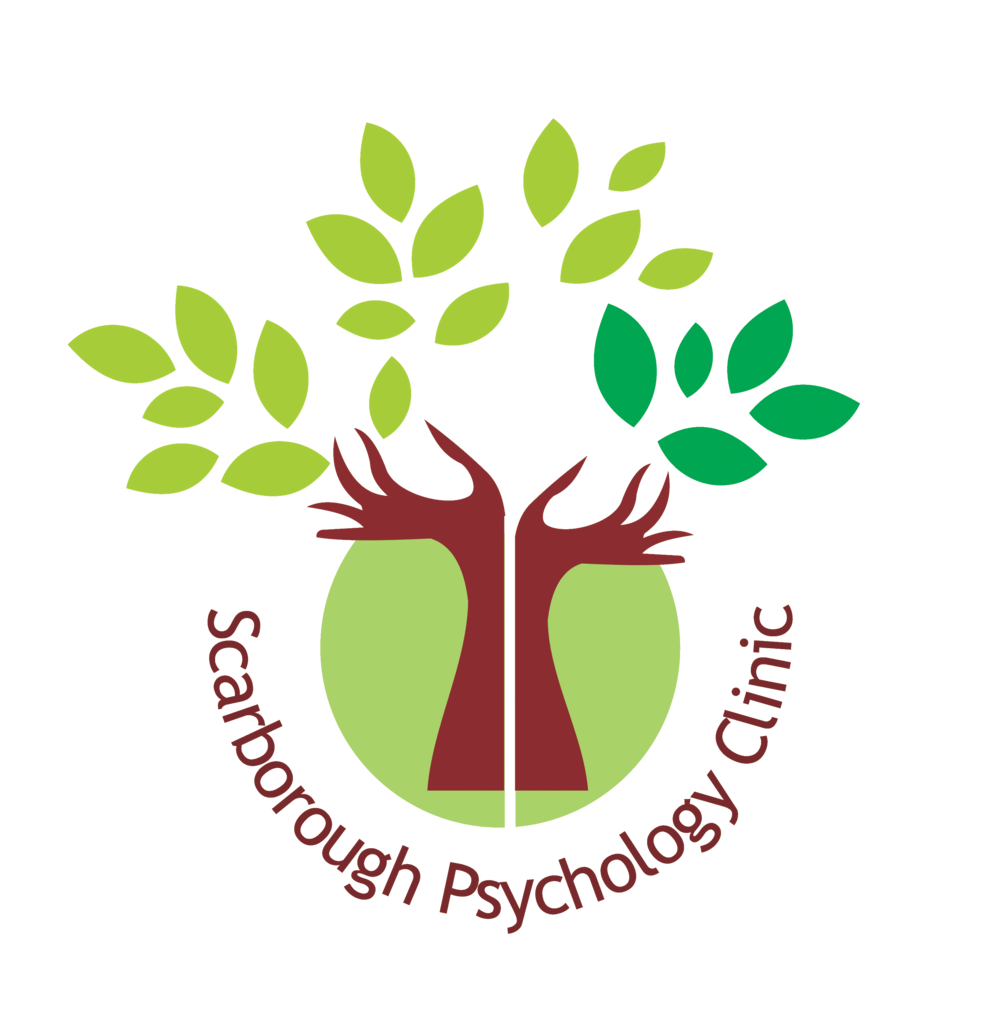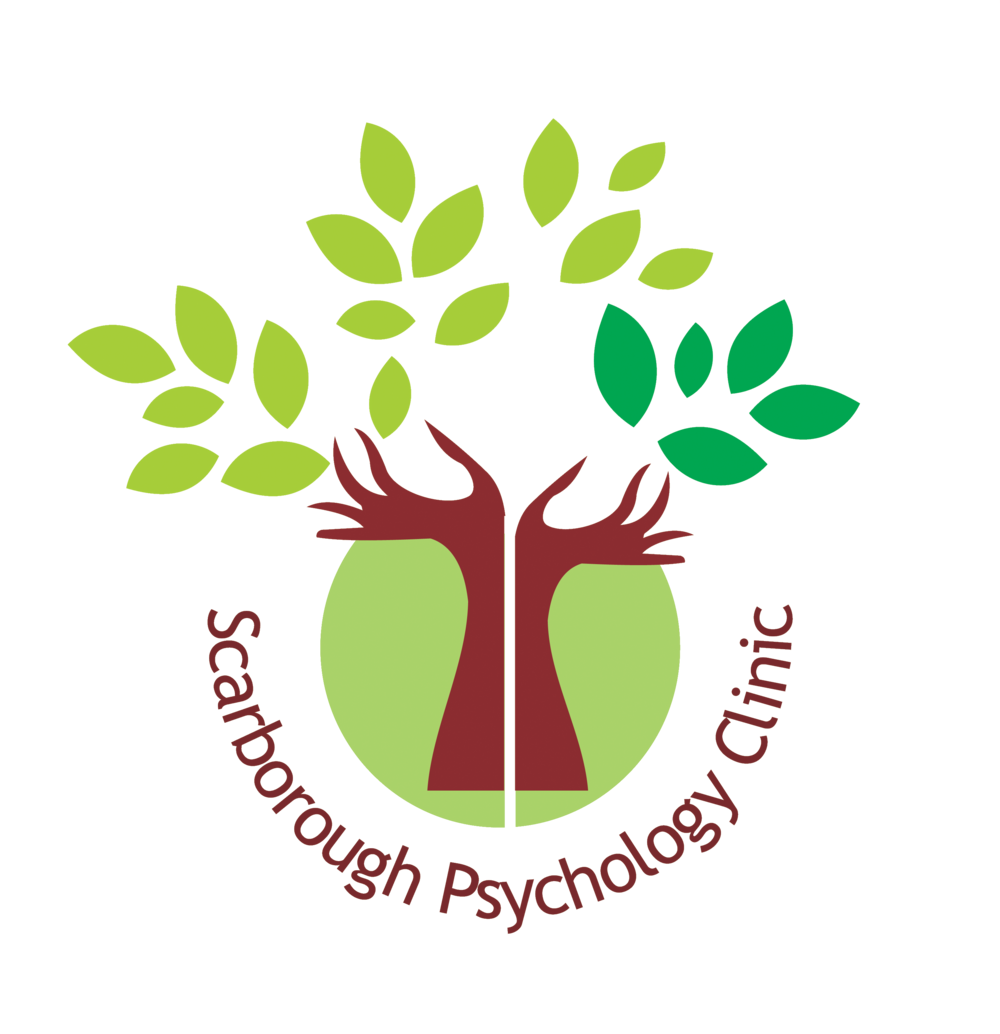Anxiety is a common mental health issue that affects millions of people worldwide. One of the best ways to deal with anxiety is Cognitive behavioral therapy aka CBT. Is CBT the most effective for anxiety? CBT is a widely followed and recognized therapy modality that focuses on the relationship between thoughts, feelings, and behaviours. With the help of CBT, one can identify negative and complex thought patterns and develop strategies to change them, ultimately leading to improvements in mood and behaviour.
Cognitive Behavioral Therapy for Anxiety:
CBT for anxiety disorders typically involves several components and some of them are as follows:
Psychoeducation (Learning about anxiety)
The first step in CBT for anxiety disorders is psychoeducation; in plain words, it means learning about the nature of anxiety, the type of anxiety, how it is triggered, and how one can manage it. Many people are not aware of what kind of anxiety disorder they have and the symptoms associated with different types of anxiety. Psychoeducation with therapists will help them understand the disorder and how to tackle it.
Relaxation
Relaxation techniques, such as deep breathing, guided imagery(mental visualizations), progressive muscle relaxation, and mindfulness meditation aid to subsite physical symptoms of anxiety, including rapid heart rate and shortness of breath. With relaxation, one can manage stress and improve emotional regulation too.
Cognitive Restructuring
Cognitive restructuring is one of the key components of CBT for anxiety disorders. It involves identifying negative thought patterns and replacing them with more realistic and positive thoughts. Negative thought patterns, such as catastrophizing or black-and-white thinking, can lead to anxiety. Therapists will aid in cognitive restructuring, so that one can identify and challenge these negative thoughts and have improved coping skills.
Exposure
Exposure therapy is one of the types of CBT that involves gradually exposing people to feared situations or objects. However, the same is conducted in a safe and controlled environment. This helps to confront their fears and reduce anxiety over a period of time. Exposure therapy is often used with relaxation techniques and other cbt techniques for anxiety.
Prevention Techniques
Some of the prevention techniques are the addition of daily exercise. For the unversed, exercise has been linked to lower our stress hormones and thus improve our overall mood. One can incorporate brisk walking, yoga or cycling in their daily routine. Another vital aspect is a healthy diet. Some food items are anxiety-inducing foods such as junk food, coffee and alcohol, among others.
On the other hand, some foods, such as omega 3-rich foods and probiotics, will help to curb anxiety naturally. Last but not the least, is deep sleep. Poor sleep has been associated with anxiety. Instead of worrying and overthinking, include some meditation and allow yourself to be in a relaxed mode.

At Scarborough Psychology Clinic, one can find highly trained, licensed and experienced therapists in CBT and other therapy approaches. You can contact us and schedule an appointment with one of our clinicians. We offer both in-person and virtual appointments. Click here to know more.

